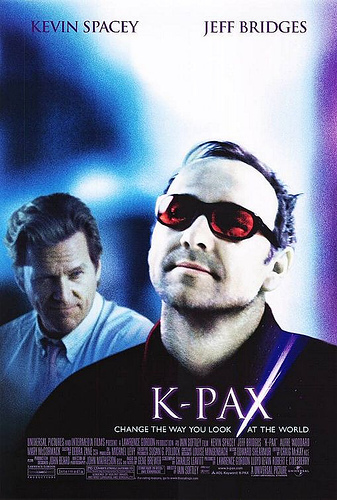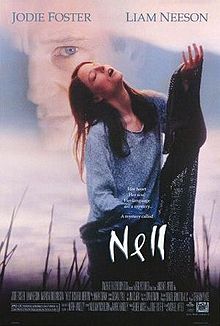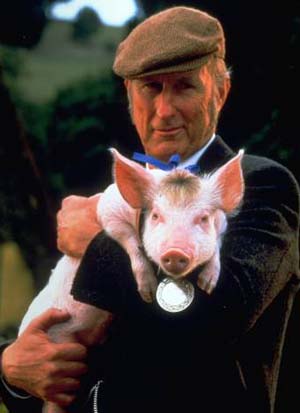The Timeless Power of Universal Themes in Fiction
As avid readers and writers of fiction, we often find ourselves drawn to stories that leave an indelible mark on our hearts and minds. Have you ever wondered what makes certain stories stand the test of time, resonating with audiences across the globe, regardless of cultural or geographical differences?
The answer lies in the artful incorporation of universal themes—the bedrock upon which the most enduring and impactful stories are built.
What Are Universal Themes?
Universal themes are timeless, fundamental ideas that are shared by humans collectively and individually. They are the threads that connect the human experience, delving into emotions, beliefs, and values that resonate with people from all walks of life.
Whether it’s the exploration of love, the quest for justice, or the enduring human spirit, themes speak to the heart of storytelling in a truly universal language. I like how Michael Hauge, Hollywood story consultant, puts it: Theme is the character’s inner motivation made universal. It’s what drives your character toward her goal that resonates with readers.
Infusing Theme Strategically
Incorporating universal themes into fiction is not merely a stylistic choice; it is a strategic move that elevates a story from being entertaining to becoming emotionally resonant and thought-provoking.
These themes serve as the glue that binds the narrative together, providing depth and meaning to the characters’ journeys and the plot’s twists and turns. When readers connect with a universal theme, they see themselves in the characters, fostering empathy and understanding across diverse backgrounds and experiences.
You don’t have to create a general setting or situation that everyone can relate to. In fact, the more specific and narrow the milieu of your story, the more the universality can resonate. Take a novel like The Kite Runner, a blockbuster book set in Afghanistan. The cultural setting might have been unfamiliar to the majority of readers, but the moral dilemma and thematic issues the characters face are extremely relatable—the humiliation, shame, and fear explored are all emotions people everywhere have experienced.
Another novel that highlights universal themes is The Underground Railroad by Colson Whitehead. Whitehead’s powerful book reimagines the historical Underground Railroad as a literal network of trains, offering a harrowing portrayal of slavery and the quest for freedom. The themes of resilience, the pursuit of justice, and the human spirit’s capacity to endure in the face of oppression simmer through the pages.
Universal themes enrich the narrative tapestry by delving into fundamental aspects of life – love, loss, redemption, justice, and the human condition. By tapping into a shared reservoir of human experience, writers create stories that resonate profoundly. These themes serve as a bridge between the characters and the audience, fostering empathy and connection.
The Profound Impact of Universal Themes
Beyond emotional resonance, universal themes provide a platform for exploring complex and meaningful ideas within the framework of a narrative. They allow writers to delve into societal issues, moral dilemmas, and philosophical questions, inviting readers to ponder and reflect.
Whether yours is a story of love overcoming obstacles, the quest for justice, or the enduring power of hope, by focusing on the universal themes you will add depth and substance to your story. Great universal themes challenge readers to consider different perspectives, question their own beliefs, and engage with the story on a profound level. That’s a terrific aspiration for any writer—to get readers to think and feel and question.
We are irresistibly drawn to narratives that speak to the universal truths that bind us all, reminding us that, despite our differences, we share a common humanity. So, the next time you find yourself captivated by a story that seems to transcend time and culture, take a moment to study the artistry of universal themes at work, examine what the author did to bring out those themes, and try doing similarly in your own work.
What issues or topics can your characters care about and embody in your story? You may feel you don’t have the kind of plot that calls for a universal theme, but I’d like to challenge you to come up with something that ties in with your premise. You may be surprised how much deeper and richer your story will become.
Featured Photo by Alvin Lenin on Unsplash












My two historical novels have accidental themes. I didn’t realise when I started writing that there were these themes in there.
I don’t feel that I could write something with a theme I decided beforehand, but there are themes I can identify when the book is finished.
For example, in my book, Vengeance of a Slave, the theme is overcoming hatred and desire for revenge, but I didn’t set off with the thought of that. Jealousy of a Viking, the second book, has the theme of overcoming jealousy, but also dealing with temptation, being strong in adversity, and dealing with loss. But again, I didn’t set out to illustrate those themes.
Thank you for the thought-provoking post.
I think writers often discover their themes as they write. You can always go back in and develop them more so they weave through the story better.
This list is a great mix of inspiration and notes on craft. Thanks for sharing!